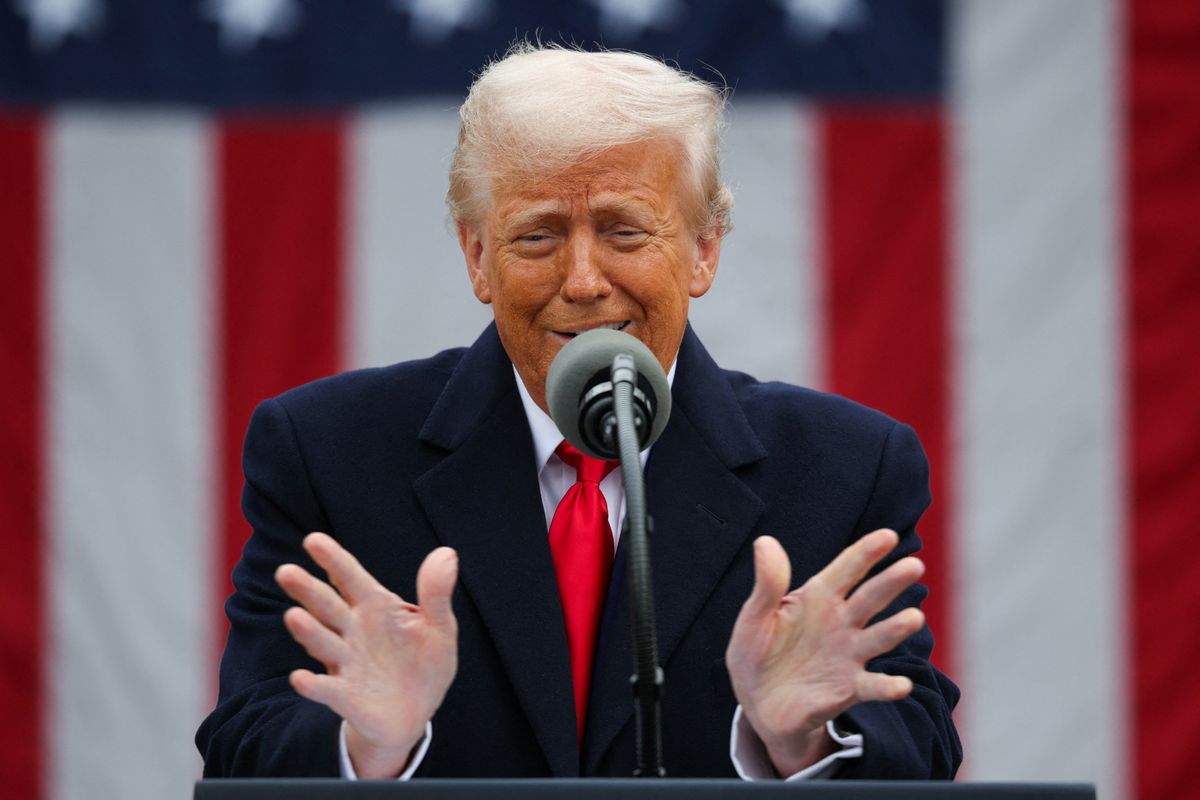
A Republican senator all but begged President Donald Trump on Wednesday to back off his key economic policy — widespread tariffs.
President Donald Trump enacted new tariffs Wednesday, announcing at a Rose Garden speech a baseline 10 percent tariff on all imports from every country, effective Saturday. Trump also announced reciprocal tariffs targeting specific countries, such as 34% on China and 20% on the European Union, which will go into effect on April 9.
The measures are part of what Trump called "Liberation Day," which has has said will combat trade imbalances and protect U.S. industries.
ALSO READ: 'Not much I can do': GOP senator gives up fight against Trump's tariffs
A previously announced 25% tariff on foreign-made vehicles will take effect Thursday.
Speaking to reporters Wednesday, Sen. Rand Paul (R-KY) called the tariffs a "terrible idea" — and warned Republicans have a fraught history with them.
"Tariffs with Canada threaten us with recession," he said. "I mean, it's a terrible, terrible idea. And I think we're going to win the vote today; over half the Senate is going to vote against these tariffs."
When a reporter asked Paul his thoughts on Trump's remarks that any Republican who opposes tariffs looks weak and is siding with the Democrats, Paul said he believes it's the "opposite."
"I think it shows strength of character. That we are for something that is so much more to important economic, really orthodoxy, that tariffs are bad for the country. But it's not only that they're bad economically; historically, tariffs have decimated the Republican Party that supported them."
That includes the GOP in 1890, which supported tariffs and lost nearly half their seats, from 171 to just 88. The same happened in 1930, when the Republicans lost 52 seats in the House and eight in the Senate, largely due to voter dissatisfaction with their handling of the Great Depression.
"They were decimated for 60 years. The Republicans did not control the House or the Senate for 60 years after the Smoot-Hawley Tariff. So I would argue that tariffs, particularly at least for recession, are devastating politically," he said.



